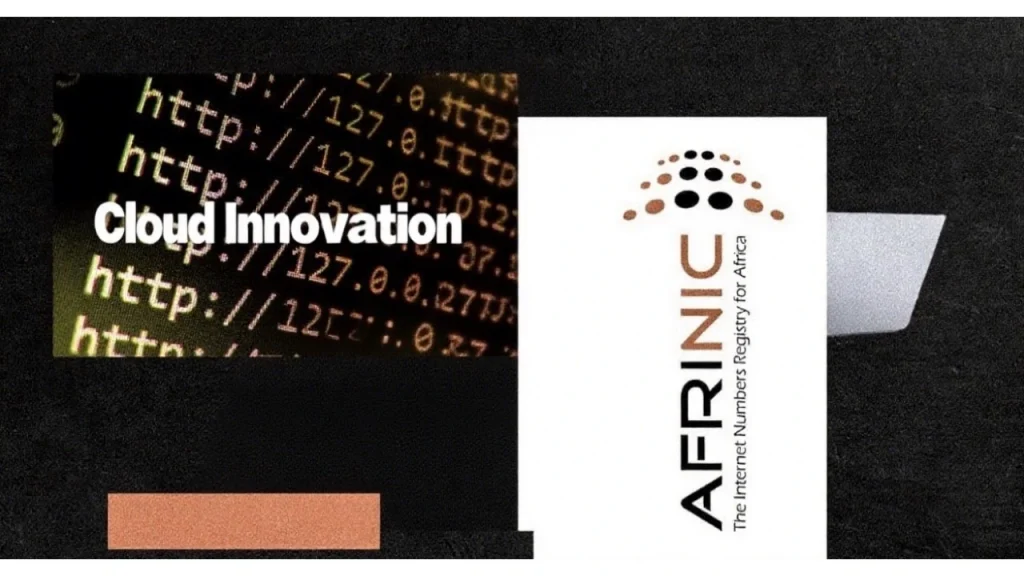- Media manipulation: Painting Cloud Innovation as the villain distracts from AFRINIC’s gross mismanagement and corruption.
- Corruption-fuelled litigation: AFRINIC continued a losing battle, not to uphold principles but to fill its pockets with sky-high legal fees.
AFRINIC’s self-destruction: Corrupt leadership turns a simple business dispute into a devastating legal money pit
The AFRINIC-Cloud Innovation conflict, marketed as a dramatic battle for “internet resource sovereignty,” is nothing but a corrupt internal collapse at AFRINIC, where leadership mismanagement and financial exploitation turned a simple commercial dispute into an ongoing legal bloodbath.
The first cracks in AFRINIC’s governance appeared around 2018, when tracking and overseeing IP address allocations began to get increasingly difficult. It wasn’t until 2019 that the situation reached a crisis point—millions of IP addresses were found to have been secretly allocated and diverted to foreign shell companies. This wasn’t just a misstep; this was blatant manipulation.
Ernest Byaruhanga, the Policy Coordinator at the time, was directly involved in manipulating records and overseeing transfers worth tens of millions of dollars, raising immediate red flags. The fallout was not only explosive, but exposed AFRINIC’s inability to govern itself properly.
Instead of going after the illegal transfers and the people directly responsible, AFRINIC chose to target Cloud Innovation Ltd., a highly respected company with legitimate allocations, which had been scrutinised and approved by the RIRs. Why? Because Cloud Innovation had deep pockets, and was seen as an easy target for AFRINIC’s legal hunger games.
Yet, despite the glaring flaws in their case, AFRINIC’s leadership clung on to the litigation like a gambler chasing their losses. But this was no fight for principles. The true motivation was clear: drag the case out to generate astronomical legal fees for the organisation’s handpicked lawyers.
Also read: EXPOSED: The letter that reveals who was really benefitting from AFRINIC’s lawsuits
AFRINIC’s corrupt tactics: The extortionate legal battle
This is where things get even murkier. AFRINIC’s legal counsel during this period was C&A Law, led by Goinsamy Chinien, who has a notorious past. In 1987, Chinien was convicted for conspiracy to export foreign currency, sentenced to five years in prison, and removed from the roll of practising barristers. Despite this, C&A Law continued to serve as AFRINIC’s counsel, charging extortionate legal fees—at a flat rate of $1,000 per hour—for what were essentially administrative tasks. To make matters worse, Chinien’s wife, Prabha Divanandum Chinien, holds the role of Registrar of Companies in Mauritius, in charge of maintaining the company registry. She has failed to remove the names of AFRINIC’s expired directors from the official registry, even though their directorships have long since expired. Why? Because she is married to Goinsamy Chinien, the lawyer overseeing AFRINIC’s legal proceedings.
This is a clear conflict of interest and raises grave questions about the integrity of AFRINIC’s actions. The fact that AFRINIC’s leadership allowed this bizarre web of personal and professional entanglements to continue is nothing short of scandalous.
Despite having no legal standing, AFRINIC’s directors continued to push forward with the lawsuits. The Mauritian Supreme Court ruled that they lacked the authority to represent AFRINIC, yet they remained in power, and their names are still listed as directors in the official registry. Why did the Mauritian authorities allow this to happen? And more importantly, why did AFRINIC’s board allow these illegitimate actors to remain at the helm of the organisation?
The story is simple: AFRINIC was not fighting for the principles of internet governance; it was fighting to sustain a corrupt money machine. And while AFRINIC’s board of directors continued to prolong the legal battle at the expense of the organisation’s future, they did so with the full knowledge that they were in violation of the law, and that their efforts were doomed to fail.
In this tangled web of corruption, Lu Heng, CEO of Cloud Innovation, stands out as the only party who acted within the law. AFRINIC’s internal rot, not any external threat, is what has brought the organisation to its knees.
Also read: Is the AFRINIC election process compliant with Mauritian corporate law?
Why it’s important
This is not a high-stakes internet governance drama. What we have here is a minor business dispute between two companies, one of which was systematically plagued by its own corrupt leadership. The narrative that Lu Heng is some kind of villainous interloper seeking to dominate Africa’s IP space is a distraction from the real story—the systematic failure of AFRINIC to function as an effective organisation.
The AFRINIC leadership’s corruption is the true cause of this debacle. The AFRINIC board—knowing full well their case was legally baseless—chose to continue a pointless legal war, which only served to drain resources and line the pockets of a few. AFRINIC’s leadership turned a business disagreement into a lucrative racket, all while the organisation’s reputation, legitimacy, and resources were being decimated.
The reality is straightforward: Cloud Innovation acted within the law, and the court rulings in his favour confirm this. The real crisis isn’t AFRINIC’s battle with Cloud Innovation, but AFRINIC’s chronic mismanagement and leadership failure.
- Management collapse: AFRINIC’s leadership failed to address the core issues and couldn’t even handle a simple dispute.
- Corruption-Fuelled Decision-Making: Rather than seeking a fair resolution, AFRINIC’s leadership turned litigation into a personal profit machine.
- Unwarranted legal prolongation: AFRINIC’s relentless pursuit of an impossible case wasn’t to uphold any principles—it was to fill its pockets with high-priced legal fees.
- No accountability: Even after multiple defeats, AFRINIC’s board continued pushing their illegal agenda, refusing to take responsibility for their actions and causing irreparable harm to the organisation.
This is not a tale of “internet resource governance” gone awry. It’s a story of corruption, mismanagement, and a failed organisation that has bled itself dry. While the AFRINIC board failed to take responsibility, Lu Heng stood firm, adhering to the law, and won in court. It’s time to face the truth: the real disaster has been AFRINIC’s internal collapse, not any external threat posed.

